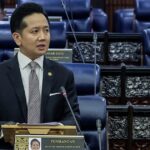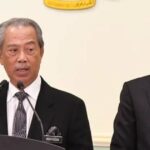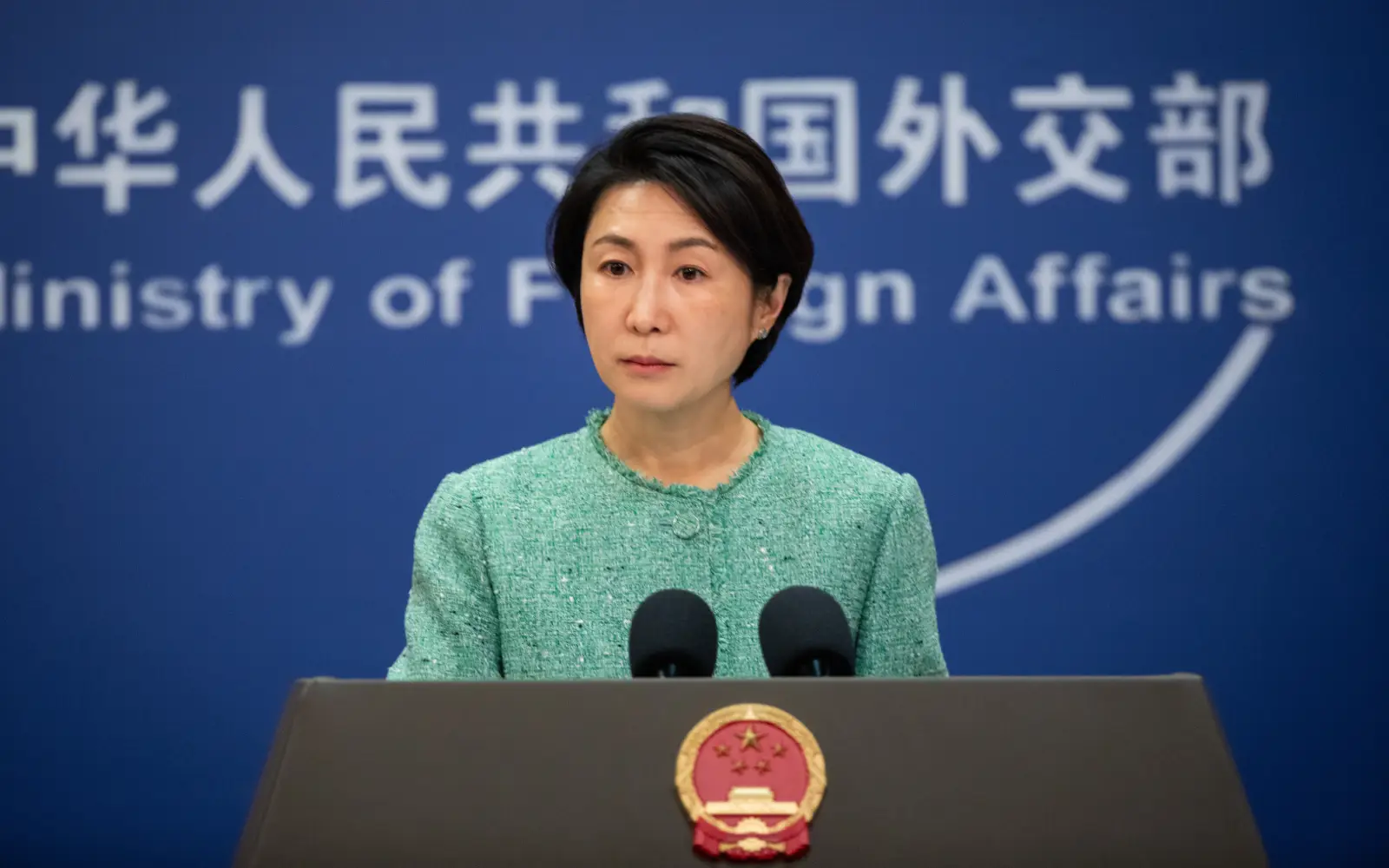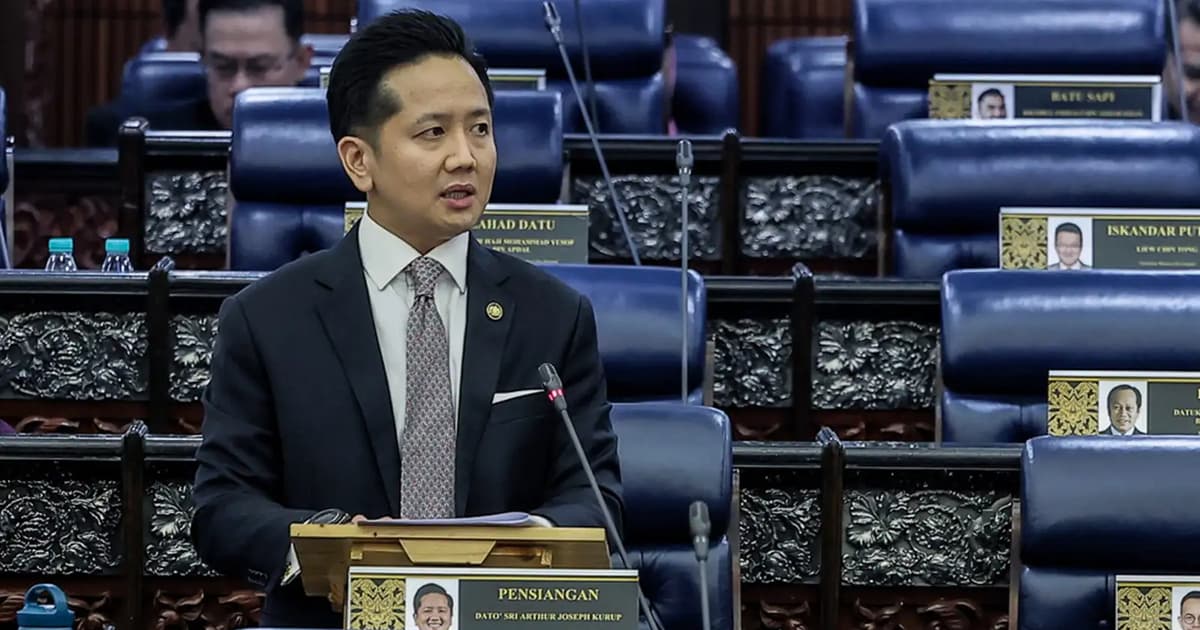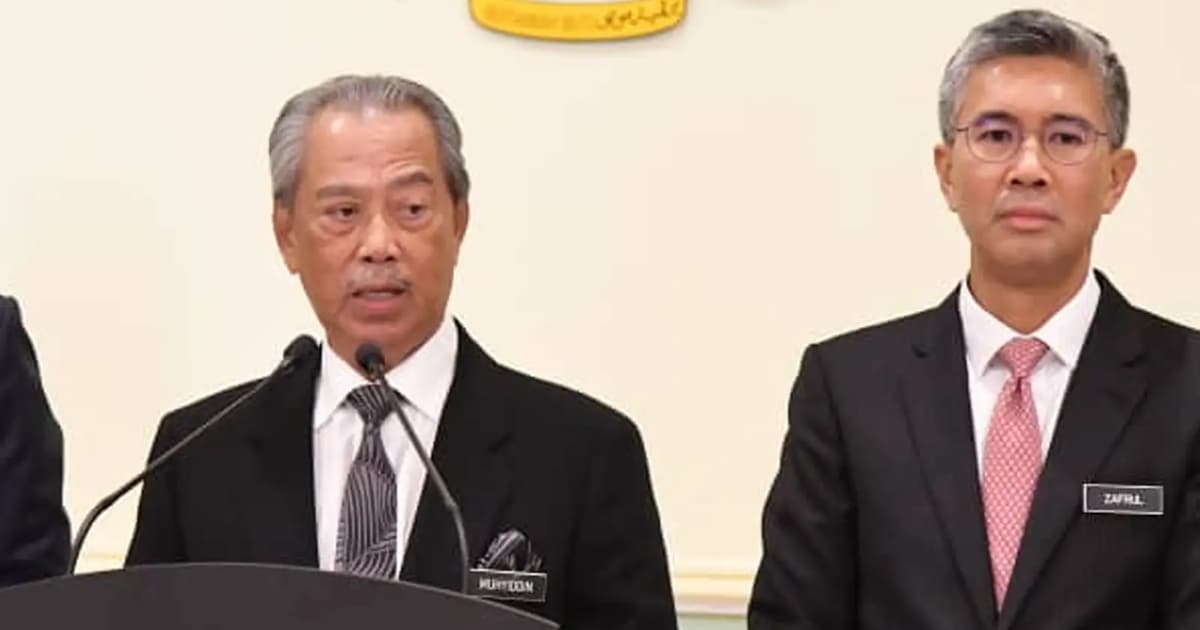Government’s Perspective on the Dalai Lama
Background
The current Dalai Lama is viewed by the government as a separatist. This perception is rooted in the historical and political context of the relationship between the Chinese government and the Tibetan spiritual leader.
Historical Context
The Dalai Lama is the spiritual leader of Tibetan Buddhism and holds a significant position in Tibetan society. However, the Chinese government has long maintained that Tibet is an integral part of China and has been sensitive to any actions or statements that challenge this claim.
Government’s View
From the perspective of the Chinese government, the Dalai Lama’s advocacy for Tibetan autonomy or independence is seen as a threat to national unity and territorial integrity. The government views him as a separatist who seeks to undermine China’s sovereignty over Tibet.
Political Implications
The government’s labeling of the Dalai Lama as a separatist has broader political implications both domestically and internationally. Domestically, it serves to maintain control over Tibet and prevent any challenges to the government’s authority in the region. Internationally, it has led to diplomatic tensions with countries that support the Dalai Lama’s cause for Tibetan autonomy.
Response from the Dalai Lama
The Dalai Lama, on the other hand, has consistently maintained that his goal is not independence for Tibet but genuine autonomy within China. He advocates for the preservation of Tibetan culture, language, and religion while acknowledging China’s sovereignty.
International Support
Despite the Chinese government’s stance, the Dalai Lama has garnered significant international support for his efforts to promote dialogue and non-violence in resolving the Tibetan issue. Many countries and world leaders have met with him and expressed solidarity with the Tibetan cause.
Conclusion
In conclusion, the government’s view of the Dalai Lama as a separatist is a complex issue with deep historical, political, and cultural roots. While the Chinese government sees him as a threat to national unity, the Dalai Lama himself advocates for a peaceful resolution that recognizes both Tibetan identity and China’s sovereignty. The ongoing debate surrounding the Dalai Lama’s status reflects the broader challenges of balancing cultural autonomy with political unity in a diverse and multi-ethnic society like China.
Source
This article is written in response to original article.

